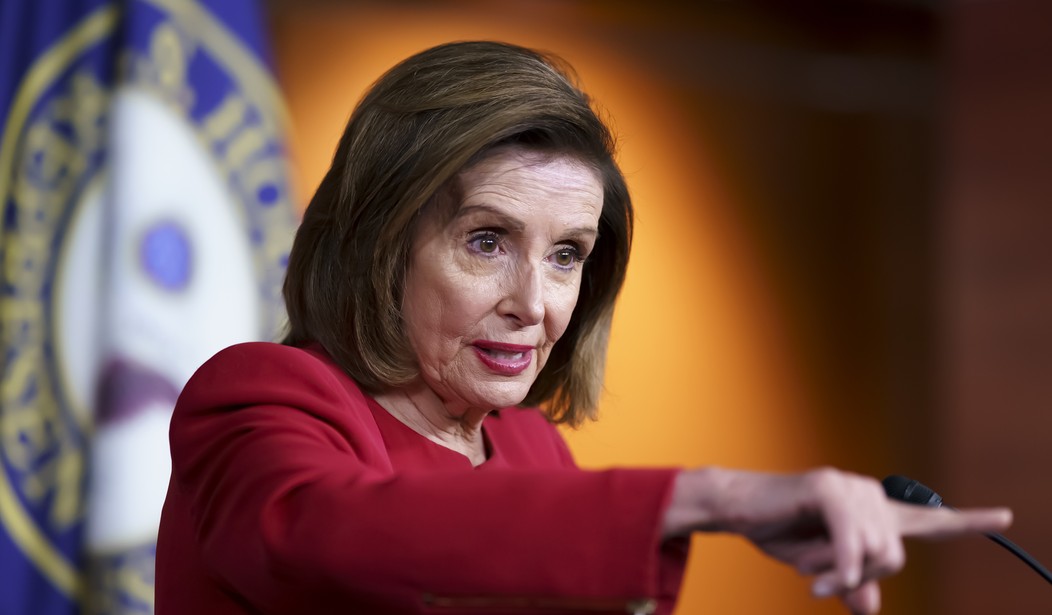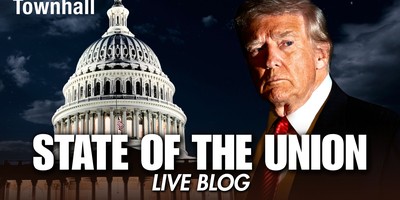Congressional Democrats and President Biden are pushing a reckless, multi-trillion-dollar tax-and-spend plan that will raise taxes on working families and small businesses and create vast new welfare programs that will exacerbate inflation.
One of the tax hikes that may be included in this legislation is a proposal to tax Americans who invest in exchange-traded funds (ETFs).
This proposal, which has been introduced by Senate Finance Committee Chairman Ron Wyden (D-OR), will raise the cost of investing for millions of American families, including those making less than $400,000.
According to the Securities Industry and Financial Markets Association (SIFMA), in 2019 there were $4.4 trillion in U.S. ETF assets. Approximately, “9.6 million households, or around 8% of total U.S. households, own ETFs.” In fact, the median income for households owning ETFs is $125,000.
This tax will breakPresident Biden’s pledge to not raise taxes on any American earning less than $400,000.
The bill would increase taxes on investors of ETFs by repealing a provision in statute that allows regulated investment companies (e.g., mutual fund, ETF, real estate investment trust) to distribute shares in-kind without immediately paying capital gains tax. This would especially harm the use of ETFs because of the prevalence of in-kind redemptions that occur with this innovative investment product.
The increased tax burden on ETFs will not be borne by fund managers, but by retail investors who put their money in the fund of their own volition or passively via their 401ks or IRAs.
Recommended
According toKeith Lawson of the Investment Company Institute, “millions of American investors would face more frequent, sizable, and unanticipated tax bills” if this tax increase passes.
Asset managers are looking forward to the future adoption of ETFs in employees’ retirement plans. According to Reuters, Charles Schwab is “bullish on future prospects” of ETFs earning a larger share of their 401k business. ETFs can offer “low fee-structure” and “low-cost advice” compared to conventional 401k plans invested in mutual funds.
However, adopting Wyden’s proposal and eliminating the current tax advantage for ETFs could slow investment into ETFs, making them unattractive for any consideration of 401k investment in ETFs. This would limit low-cost options for investors and stymie future innovations for retail investors’ retirement funds.
In recent years, investor interest in ETFs has grown faster than other investment products. From 2000 to 2017, ETFs grew at a compound annual growth rate of 25 percent as compared to mutual funds that grew by only 6 percent over the same period of time. This explosive growth in ETFs is largely due to increased demand for investments that are lower cost, transparent, and offer more liquidity than competitor products.
Investors are flocking to ETFs in light of increased inflation. According to the Financial Times, investors are using certain ETFs indexed to fixed income products as a hedge against inflationary pressures. This year, the second largest fixed income ETF, SPDR Blackstone Senior Loan ETF, saw “its assets triple” to $6.5 billion.
Although the final language for the budget reconciliation bill is far from being fully finalized, one thing is certain, Wyden’s proposal to increase taxes on ETFs would likely reduce returns for IRAs and 401ks invested in those products and disincentivize any future investment usage of ETFs for retirement plans or as hedging tools.
Federal intervention into the tax structure of ETFs could eliminate any potential for new ETFs. For example, Fidelity is in discussions with the Securities and Exchange Commission (SEC) to launch a bitcoin ETF, and Invesco is partnering with Galaxy Digital Holdings to launch new crypto ETFs. While the SEC has not yet approved cryptocurrency ETFs, countries such as Canada, Germany, and Switzerland are taking the lead. Abroad, assets in cryptocurrency ETFs “tripled from $3bn at the end of last year to $9bn as of June.”
There is a lot of potential for growth in the cryptocurrency ETF industry in the United States. The Wall Street Journal highlighted the staggering growth in cryptocurrencies, which could overflow to cryptocurrency ETFs. As the Journal pointed out, even before Coinbase went public, it added about “13 million verified users in the first quarter of 2021 alone, to 56 million, more than it added in all of 2020.”
Instead of narrowing investment options, Congress should look to promote ETFs in order to increase the life savings and retirement savings of American families. Instead, Democrats want to tax ETFs, a clear violation of President Biden’s pledge not to raise taxes on Americans making less than $400,000 per year. This is a misguided approach that will impact millions of American savers and restrict the ability of retail investors to make smart investment decisions.
























Join the conversation as a VIP Member